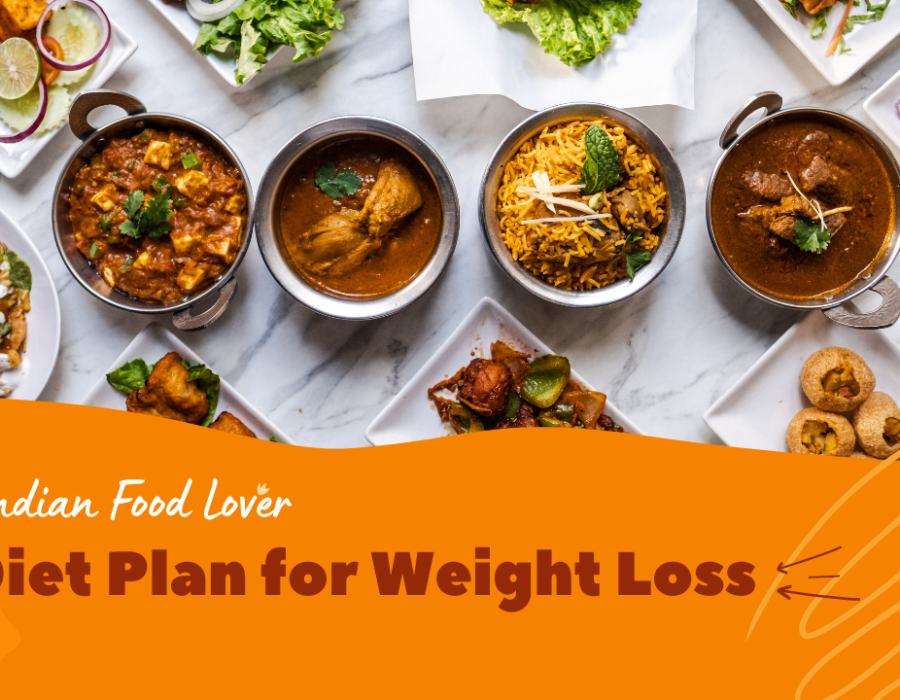Best diet plan for weight loss By Dt. Natasha Mohan
When it comes to achieving your weight loss goals, choosing the right diet plan can make all the difference. With so many options available, it can be overwhelming to determine which one will work best for you. This guide will help you understand what constitutes the best diet plan for weight loss, offering practical advice and tips to help you make informed decisions.
Understanding Weight Loss Diet Plans
Before diving into specific diet plans, it’s essential to understand the fundamental principles of weight loss. Weight loss occurs when you burn more calories than you consume, creating a calorie deficit. However, the quality of your diet and the nutritional balance play crucial roles in achieving sustainable weight loss and maintaining overall health.
Key Components of an Effective Diet Plan
- Balanced Nutrients: A well-rounded diet plan should include a balance of macronutrients—proteins, carbohydrates, and fats—as well as essential vitamins and minerals. Protein supports muscle growth and repair, carbohydrates provide energy, and healthy fats are crucial for various bodily functions.
- Caloric Deficit: To lose weight, you need to consume fewer calories than you burn. However, this doesn’t mean drastically cutting calories, which can be harmful. A moderate caloric deficit, combined with nutritious foods, is more sustainable and effective in the long run.
- Whole Foods: Focusing on whole, minimally processed foods ensures you get the maximum nutritional benefits. Foods like lean proteins, vegetables, fruits, whole grains, and healthy fats should be the cornerstone of your diet.
- Hydration: Staying well-hydrated is often overlooked but is critical for overall health and can aid in weight loss. Drinking plenty of water helps with digestion, reduces hunger, and supports metabolic functions.
Popular Diet Plans for Weight Loss
Several diet plans have gained popularity for their effectiveness in weight loss. Here’s a look at some of the most popular ones:
- Mediterranean Diet: This diet emphasizes fruits, vegetables, whole grains, nuts, seeds, and olive oil. It includes moderate amounts of fish and poultry, and minimal red meat. The Mediterranean diet is known for its heart-healthy benefits and has been linked to long-term weight loss success.
- Low-Carb Diet: Diets such as the ketogenic diet or Atkins focus on reducing carbohydrate intake to force the body into ketosis, where it burns fat for fuel. These diets can be effective for quick weight loss but may be challenging to maintain in the long term.
- Intermittent Fasting: This approach involves cycling between periods of eating and fasting. It doesn’t prescribe specific foods but rather when you should eat. Intermittent fasting can help reduce overall calorie intake and improve metabolic health.
- Plant-Based Diet: A plant-based diet excludes animal products and focuses on vegetables, fruits, legumes, and grains. It’s often high in fiber and low in calories, which can aid in weight loss and improve overall health.
Customizing Your Diet Plan
The best diet plan for weight loss is one that aligns with your personal preferences, lifestyle, and health needs. Here are some tips to customize your plan:
- Set Realistic Goals: Start with small, achievable goals. Rapid weight loss is not always sustainable, and setting realistic targets helps you stay motivated.
- Listen to Your Body: Pay attention to how different foods make you feel. Some people thrive on low-carb diets, while others perform better with balanced macronutrients.
- Consult a Professional: If you’re unsure where to start, consider consulting a registered dietitian or nutritionist. They can provide personalized guidance based on your specific needs and health conditions.
Practical Tips for Success
- Plan Your Meals: Meal planning can help you stick to your diet and avoid unhealthy choices. Prepare meals in advance and keep healthy snacks on hand.
- Stay Active: Combine your diet with regular physical activity. Exercise boosts metabolism, helps with weight loss, and improves overall well-being.
- Monitor Progress: Keep track of your progress, but don’t obsess over the scale. Focus on how you feel, your energy levels, and other health improvements.
For more detailed information on selecting the best diet plan for weight loss and practical tips, you can visit Natasha Mohan’s guide. This resource provides additional insights and recommendations to help you achieve your weight loss goals effectively.
Conclusion
Finding the best diet plan for weight loss involves understanding your body’s needs, setting realistic goals, and choosing a plan that fits your lifestyle. By focusing on balanced nutrition, whole foods, and sustainable practices, you can achieve long-term weight loss success and improve your overall health. Remember, the key is consistency and finding a plan that works best for you.





Comments